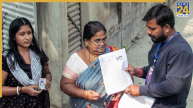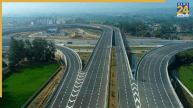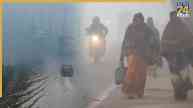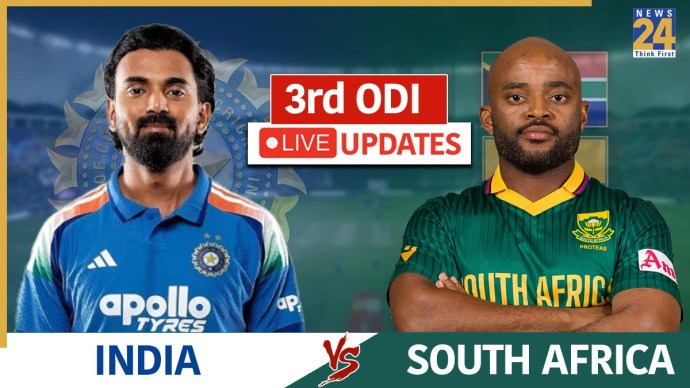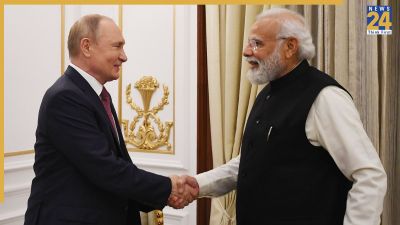Lakhimpur Kheri case: A sessions judge presiding over the trial in the Lakhimpur Kheri violence case, in which Union minister Ajay Kumar Mishra’s son is a defendant, said the Supreme Court on Wednesday that the trial could take up to five years to complete in the regular course.
The additional session’s judge stated in a letter to the Supreme Court that there are 208 prosecution witnesses, 171 documents, and 27 forensic science laboratory (FSL) reports in the case.
“He (sessions judge) says it may take five years in normal course,” a bench of Justices Surya Kant and V Ramasubramanian stated.
Last month, the Supreme Court asked the Sessions Court how long it would take to complete the trial in regular process, without interfering with the timetable of other pending or prioritised matters in that court.
The bench is hearing a bail application filed by Ashish Mishra in the case of the mowing down of protesting farmers in Lakhimpur Kheri in October 2021.
During the hearing, the bench asked the counsel for the Uttar Pradesh government to state whether the four accused in a separate case filed over the death of three occupants of the SUV that allegedly mowed down farmers in the incident were still in custody.
The bench scheduled a hearing on the subject on January 19.
On October 3, 2021, eight people were killed in Tikunia, Lakhimpur Kheri district, during protests over then-Uttar Pradesh Deputy Chief Minister Keshav Prasad Maurya’s visit to the area.
According to the Uttar Pradesh Police FIR, four farmers were killed by an SUV in which Ashish Mishra was seated.
Following the event, enraged farmers allegedly lynched the driver and two BJP workers. A journalist was also killed in the fighting.
On December 6, last year, the trial court framed charges against Ashish Mishra and 12 others for alleged murder, criminal conspiracy, and other offences in the matter of the mowing down of protesting farmers in Lakhimpur Kheri in October 2021, clearing the way for the trial to begin.
13 people, including Ashish Mishra, have been charged with rioting under IPC sections 147 and 148, 149 (unlawful assembly), 302 (murder), 307 (attempt to murder), 326 (voluntarily causing grievous hurt by dangerous weapons or means), 427 (mischief), and 120B (punishment for criminal conspiracy), as well as section 177 of the Motor Vehicles Act.






